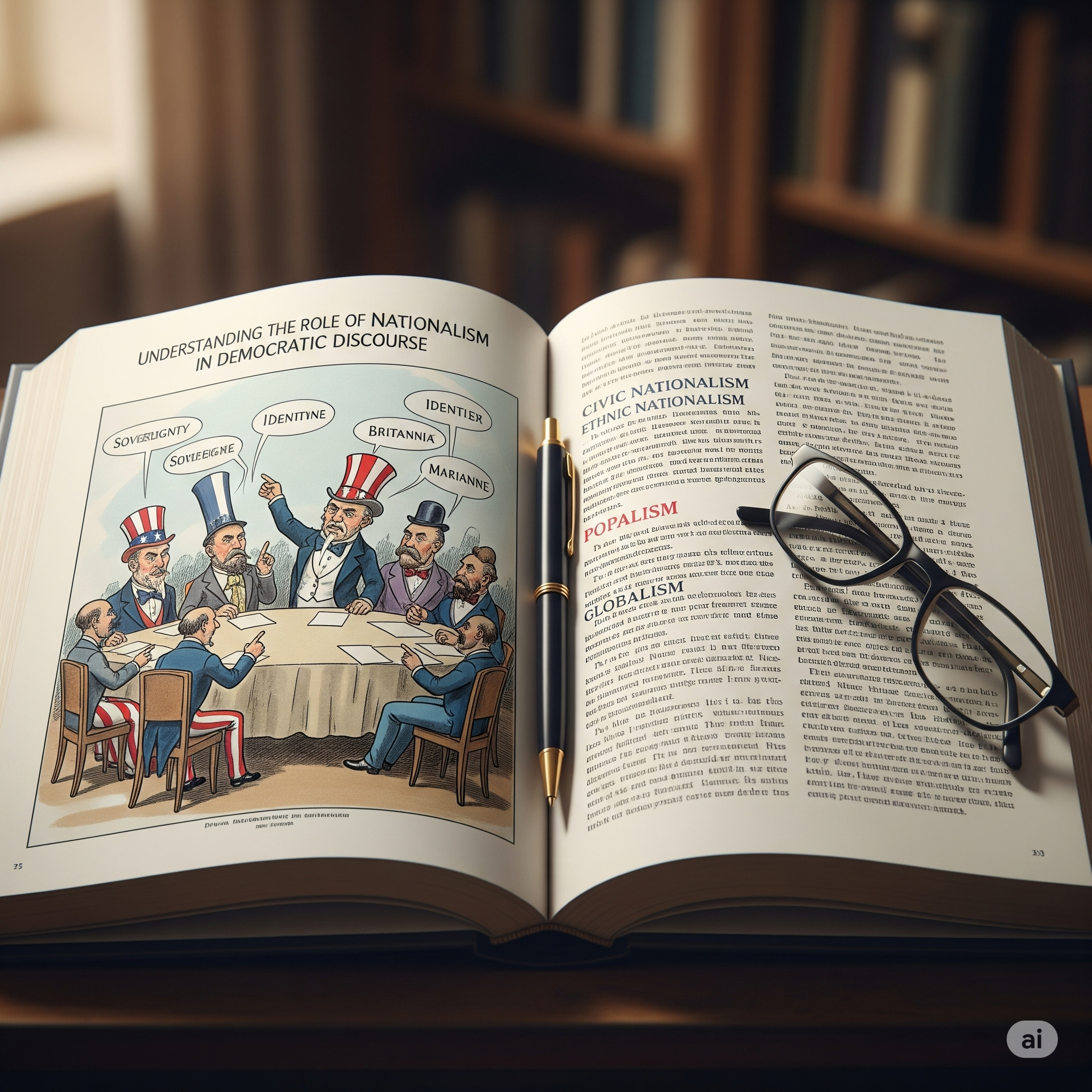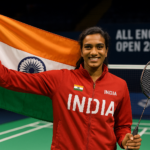
Understanding the Role of Nationalism in Democratic Discourse
New Delhi, 2025 — Nationalism has long been a potent force in shaping democratic societies. In India, where democracy thrives amidst unparalleled diversity, nationalism often serves as a unifying thread, bridging linguistic, cultural, and regional divides. However, recent developments highlight the complexities of nationalism in democratic discourse, raising questions about its role in fostering unity or deepening polarization.
Nationalism as a Pillar of Indian Democracy
- Fostering Unity in Diversity India’s nationalistic movements, from the freedom struggle to contemporary initiatives like ‘Har Ghar Tiranga’, emphasize unity. During the 2024 Independence Day celebrations, the nationwide campaign saw unprecedented participation, with over 50 million homes displaying the tricolor, a testament to the unifying power of nationalism.
- Encouraging Civic Participation Nationalism has often inspired citizens to actively engage in democratic processes. For instance, voter turnout in the 2024 general elections reached 68%, with a significant increase in first-time voters, many of whom credited nationalistic campaigns for their participation.
- Promoting Cultural Identity Initiatives like ‘Ek Bharat Shreshtha Bharat’ underscore the integration of regional cultures into the national identity, fostering a sense of belonging and pride in the democratic framework.
Recent Developments and Nationalistic Debates
- Uniform Civil Code (UCC) Proposal The recent proposal for a Uniform Civil Code has reignited debates about the balance between nationalism and diversity. Advocates argue that the UCC is essential for national unity, ensuring equal rights for all citizens, while critics emphasize the need to respect India’s pluralistic fabric.
- Border Security and Patriotism Heightened tensions along the Line of Actual Control (LAC) in 2024 saw a surge in nationalist sentiment, with citizens rallying behind the armed forces. This unity reflects how nationalism can strengthen democratic resolve during crises.
- Digital Nationalism Social media platforms have amplified nationalistic discourse, with campaigns like ‘Vocal for Local’ promoting domestic industries. However, the digital space has also witnessed increased polarization, highlighting the dual-edged nature of nationalism in democratic dialogue.
Challenges of Nationalism in Democracy
- Risk of Exclusion Excessive nationalism can marginalize minority voices, threatening the inclusivity central to democracy. Ensuring that nationalistic narratives embrace diversity is critical for harmony.
- Polarization The use of nationalism for electoral gains often deepens ideological divides. Reports from the Election Commission of India reveal increased polarization during the 2024 elections, driven by divisive rhetoric.
- Misinformation and Propaganda In the digital age, misinformation under the guise of nationalism can manipulate public opinion, undermining informed democratic participation.
Harnessing Nationalism for Democratic Growth
- Inclusive Narratives Promoting a form of nationalism that celebrates diversity and respects regional identities can strengthen democratic unity.
- Educational Initiatives Integrating lessons on the positive role of nationalism in fostering democracy within school curricula can inspire future generations to engage responsibly in democratic processes.
- Regulating Digital Platforms Ensuring accountability for misinformation and fostering constructive discourse on social media can mitigate the risks of polarizing nationalism.
The Way Forward
India’s democratic success lies in balancing nationalism with inclusivity. As the nation navigates challenges like the Uniform Civil Code debate and evolving geopolitical tensions, fostering a form of nationalism that unites rather than divides will be crucial.
By celebrating shared values and respecting differences, India can ensure that nationalism remains a force for democratic resilience and progress.




